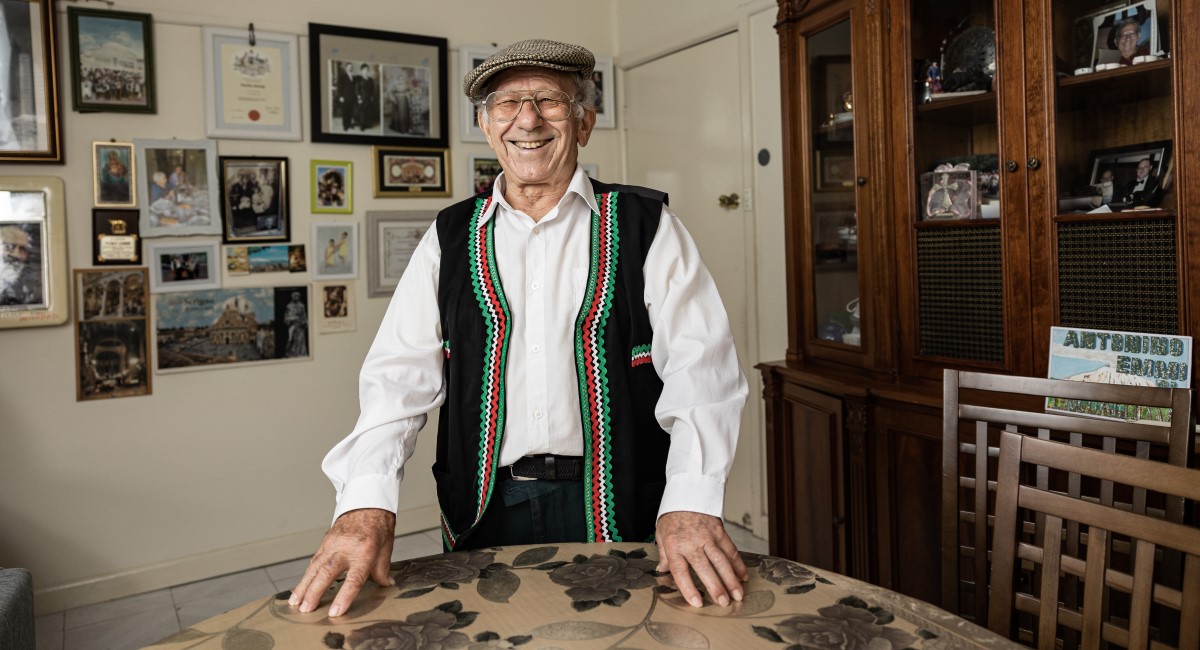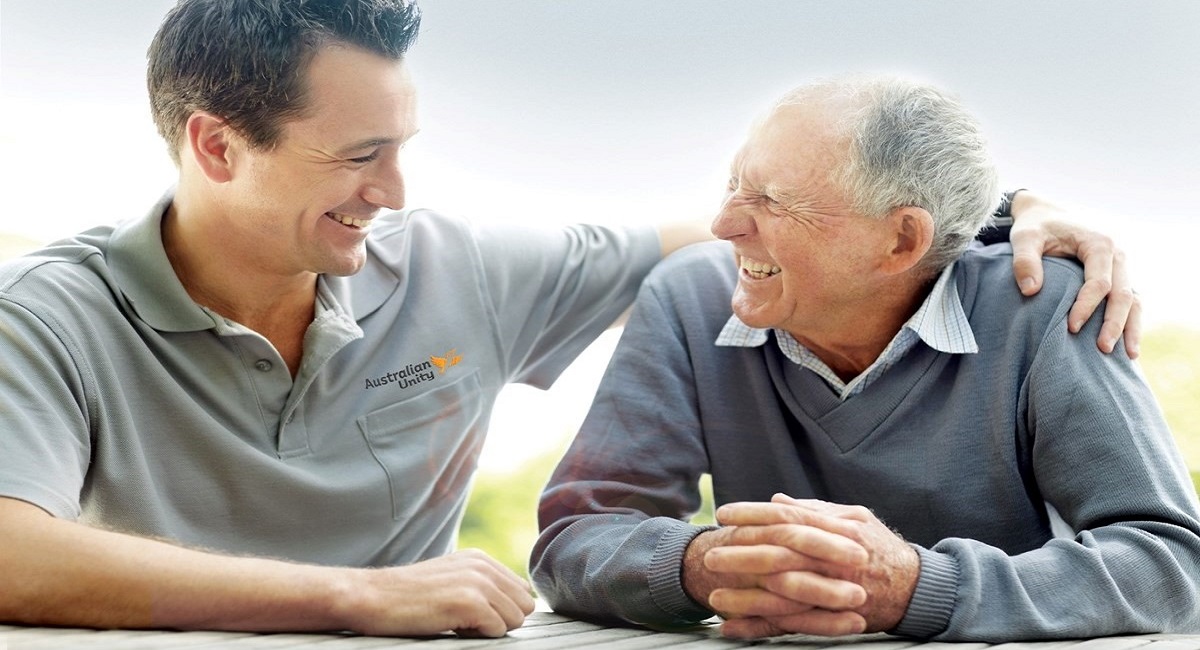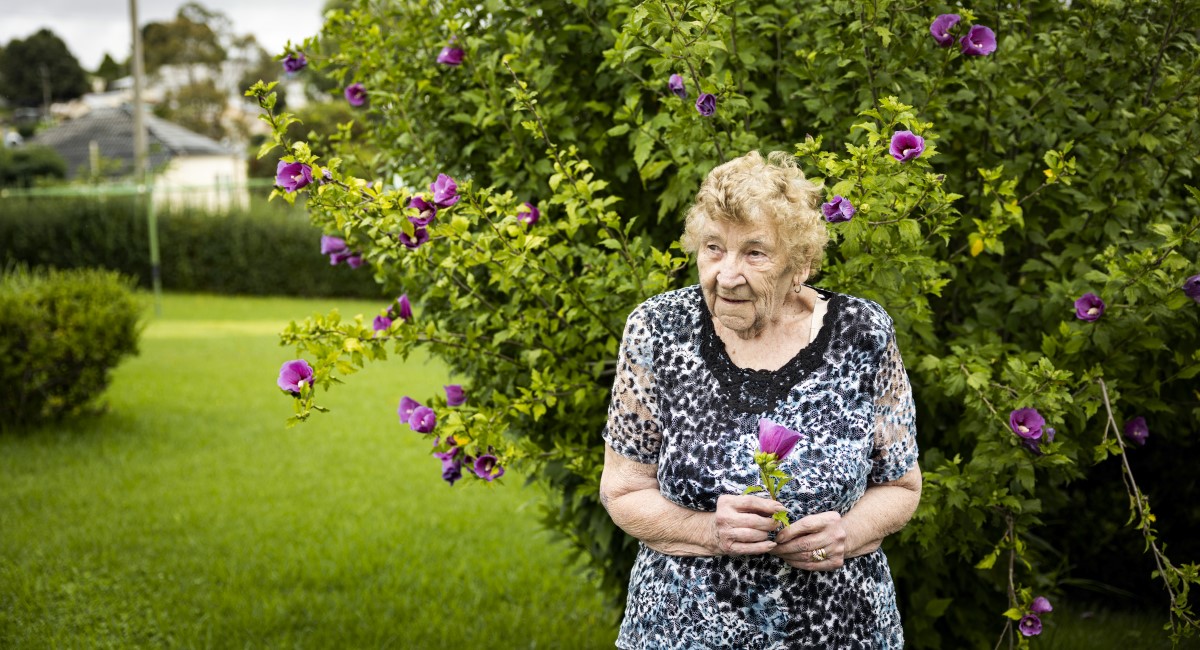“I think getting back into socialising post-pandemic is especially important for our customers as many experienced social isolation and loneliness during and prior the pandemic. Being able to now reconnect and socialise with others has been so important for individuals mental and physical wellbeing,” - Annette Fenton, Australian Unity Project Officer.
Key points
- Peter is a member a Khmer social group hosted by Australian Unity and like others from the group, he’s enjoying getting back into the swing of things as the pandemic eases.
- Annette Fenton, from Australian Unity’s home care team, says COVID stopped the groups meeting in person and a lot of participants felt isolated. “Witnessing the reunion between group members was priceless – hugs and some tears were shed at the first groups back,” Annette remembers.
- Higher levels of loneliness – which were common for all age groups during the pandemic – can lower a person’s overall wellbeing score. Now that restrictions have eased in Australia, it’s important for us to invest more time and energy into our social and emotional connectedness.
- Australian Unity’s home care services can help you establish or maintain your social connections. This can be through in-home social visits, support to attend a gathering or event or even the help to start a new hobby.
When a friend of Australian Unity customer Peter Lee invited him to attend a social group for Cambodian immigrants a few years back, he went on a whim.
“I went to see him there and then I started going,” Peter says. “I found something I needed and something I liked.”
Peter, 72, is one of many enjoying getting back into the swing of things as the pandemic eases. For Peter, and many like him, being part of a group where he can socialise with people from his homeland provides a comforting connection.
Peter is a member of one of two Khmer groups hosted by Australian Unity. Facilitated by the Multicultural Respite Network (MRN), Australian Unity also runs a Chinese group and a Middle Eastern group.
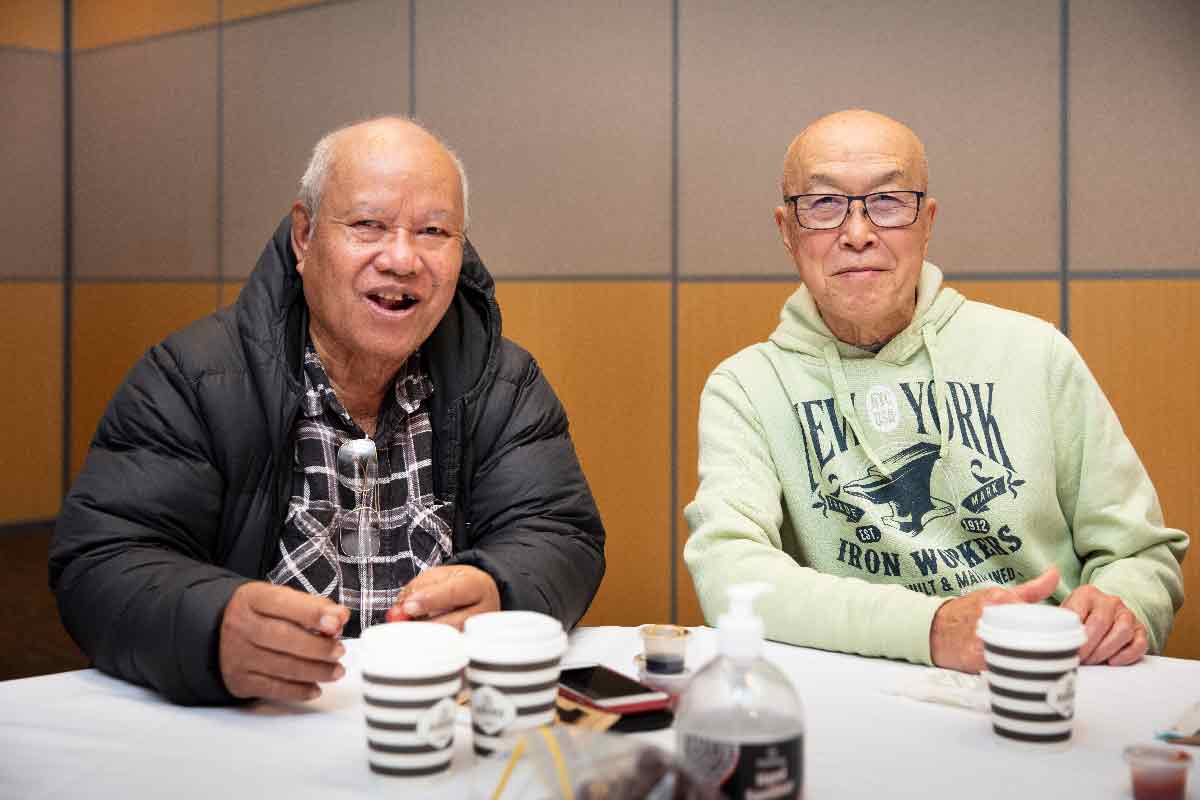
Reconnecting post COVID-19
Annette Fenton, Australian Unity Project Officer, says COVID stopped the groups meeting in person and a lot of participants felt isolated.
“I think getting back into socialising post-pandemic is especially important for our customers as many experienced social isolation and loneliness during and prior the pandemic. Being able to now reconnect and socialise with others has been so important for individuals mental and physical wellbeing,” Annette says.
Each group has a designated Australian Unity team member who speaks their language and is from the same cultural background as participants.
“They’ve left their homelands and it’s difficult when living in a country where they weren’t born and still want to have connection to their heritage,” says Ms Fenton. “A lot of them have family members who have passed and there’s trauma. Here they can connect with people who can relate to that.”
“Getting back into a daily routine and connecting with their community again is allowing our customers to feel that things are somewhat back to normal.”
Although Australian Unity kept in touch with customers during the lockdowns through regular telephone calls, the MRN events were on hold and many people missed the friendships they had formed through the groups.
“Witnessing the reunion between group members was priceless – hugs and some tears were shed at the first groups back,” Annette remembers.
To ensure that the MRN groups recommenced in a safe environment, the venue changed to a local club with a thorough Covid-19 safety plan in place. By having the groups in a club, customers were able to gather as if going to the club with friends for lunch – with many enjoying the inherently social nature of the setting.
The groups meet weekly at the Cabra-Vale Diggers Club in Sydney’s Canley Vale. Each session includes a hot lunch and other activities such as guest speakers, movement classes and outings.

Meaningful friendships
Nagiba Kaka, 83, has been attending the Middle Eastern Group since 2005. After her husband passed away in the early 2000s, she fled Iraq as a refugee. Now she shares an apartment with her adult son. She says she looks forward to attending the group each week where she catches up with friends.
Mrs Kaka has also been a speaker at the group, where she has relished sharing her life story in both English and Arabic.
Lin Sin Liu, 76, has resumed attending the Chinese group post-COVID. She admits it was easy to get ‘a bit lazy’ staying at home.
“But my daughter said, ‘don’t stay home. You’re going to join a group because staying home alone is no good’,” she says.
Lin Sin immigrated from Hong Kong in the 1980s. She’s lived by herself in her apartment since her husband went into aged care seven years ago. At the group she enjoys talking with friends, playing bingo, the exercise classes and the “the food is very good”. She also enjoys Australian Unity talks where “you can learn a lot”.
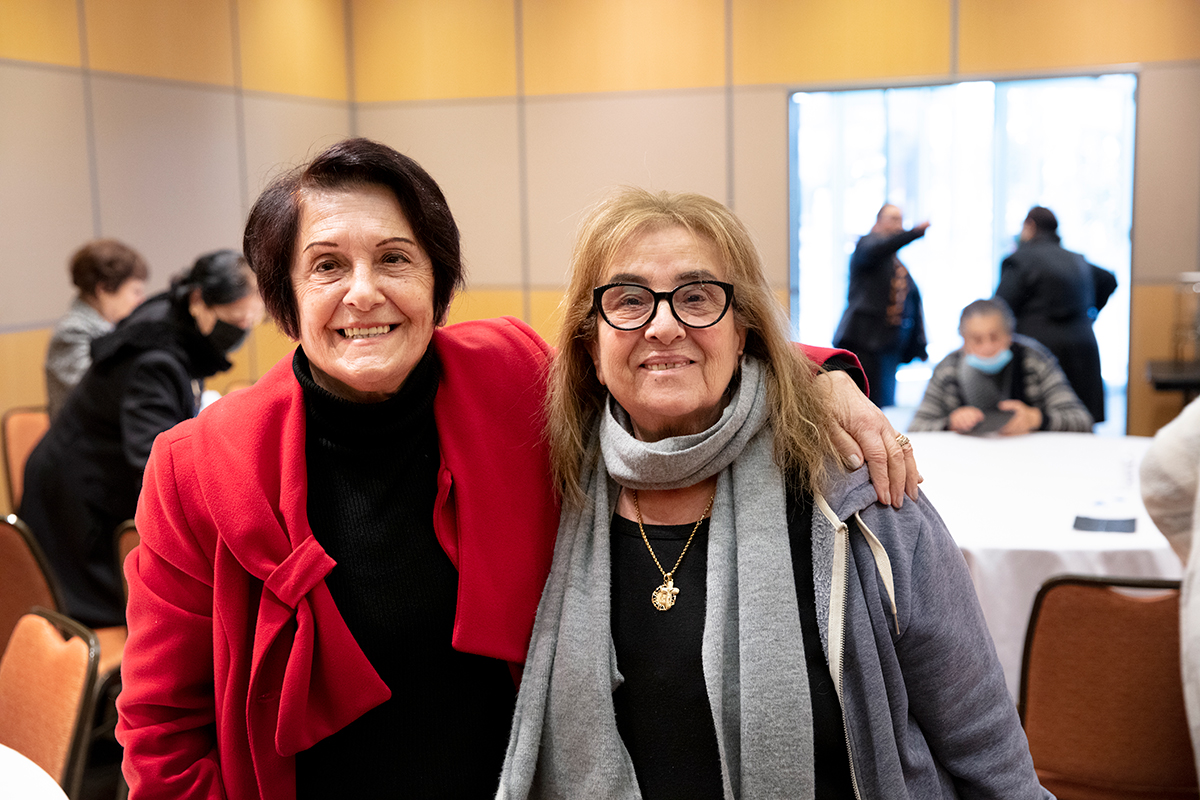
Engaging safe environment
Annette says, incorporating information sessions into the monthly program of the MRN groups allows customers to learn new information and/or skills with the assistance of an interpreter. Some of these have included information sessions on the complexities of CentreLink and how to use a smart phone. There’s also been speakers from Be Connected program which helps seniors with technology.
“Be Connected is an Australian Government initiative aimed at increasing the confidence, skills and online safety of older Australians in using digital technology,” Annette says. “At a recent event, the guest speaker guided the customers on how to use their smart phones – as many have little or no experience with digital technology.”
The information sessions empower the attendees with information and skills that they might find difficult to access on their own – due to language or technology barriers.
Annette says she’s seen the positive outcomes of supporting and linking customers to specific social and community groups. “The customers are provided with an opportunity to engage with others who share similar language, background and cultural experiences. Because the MRN customers are all immigrants to Australia, it is has been important for them to maintain some connection to their homeland, their past and their identity,” she says.
